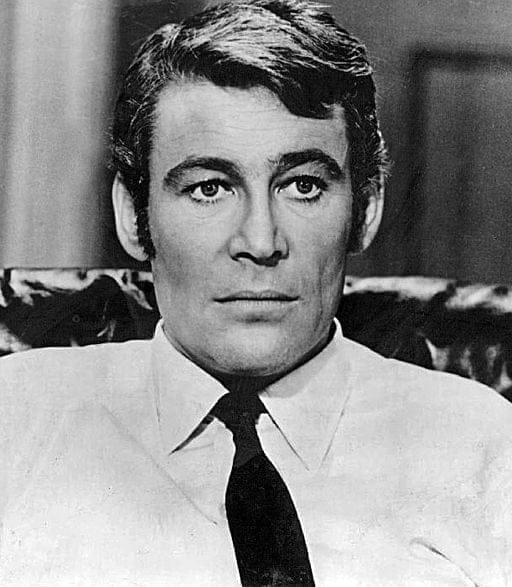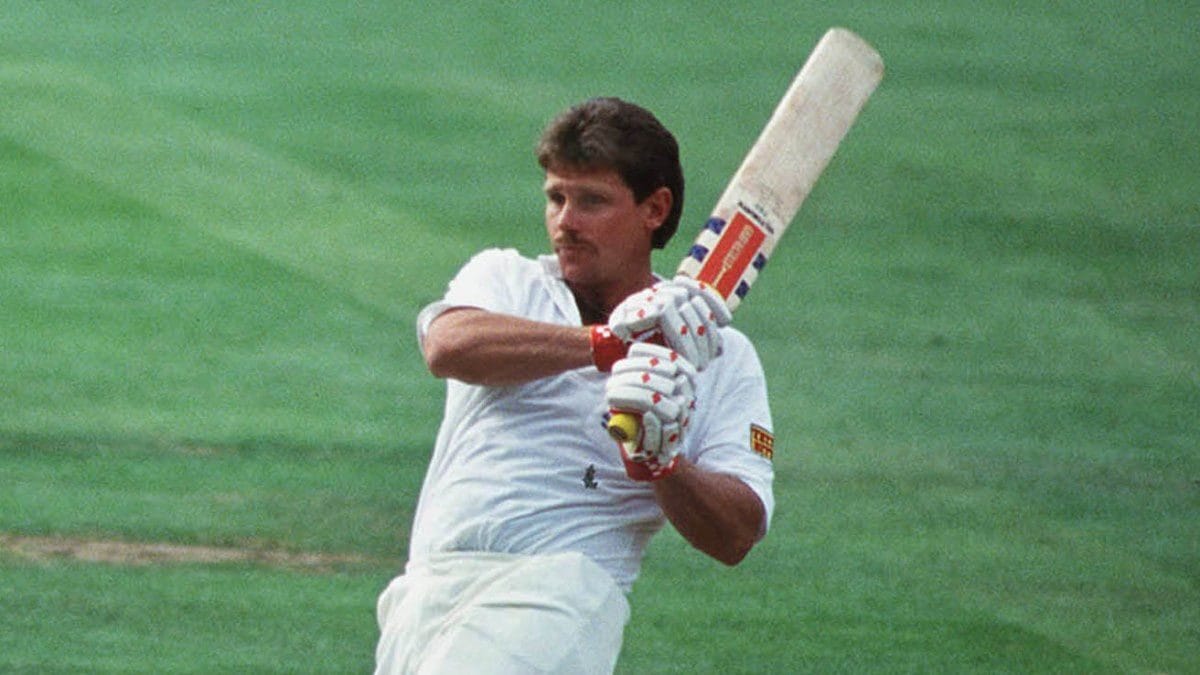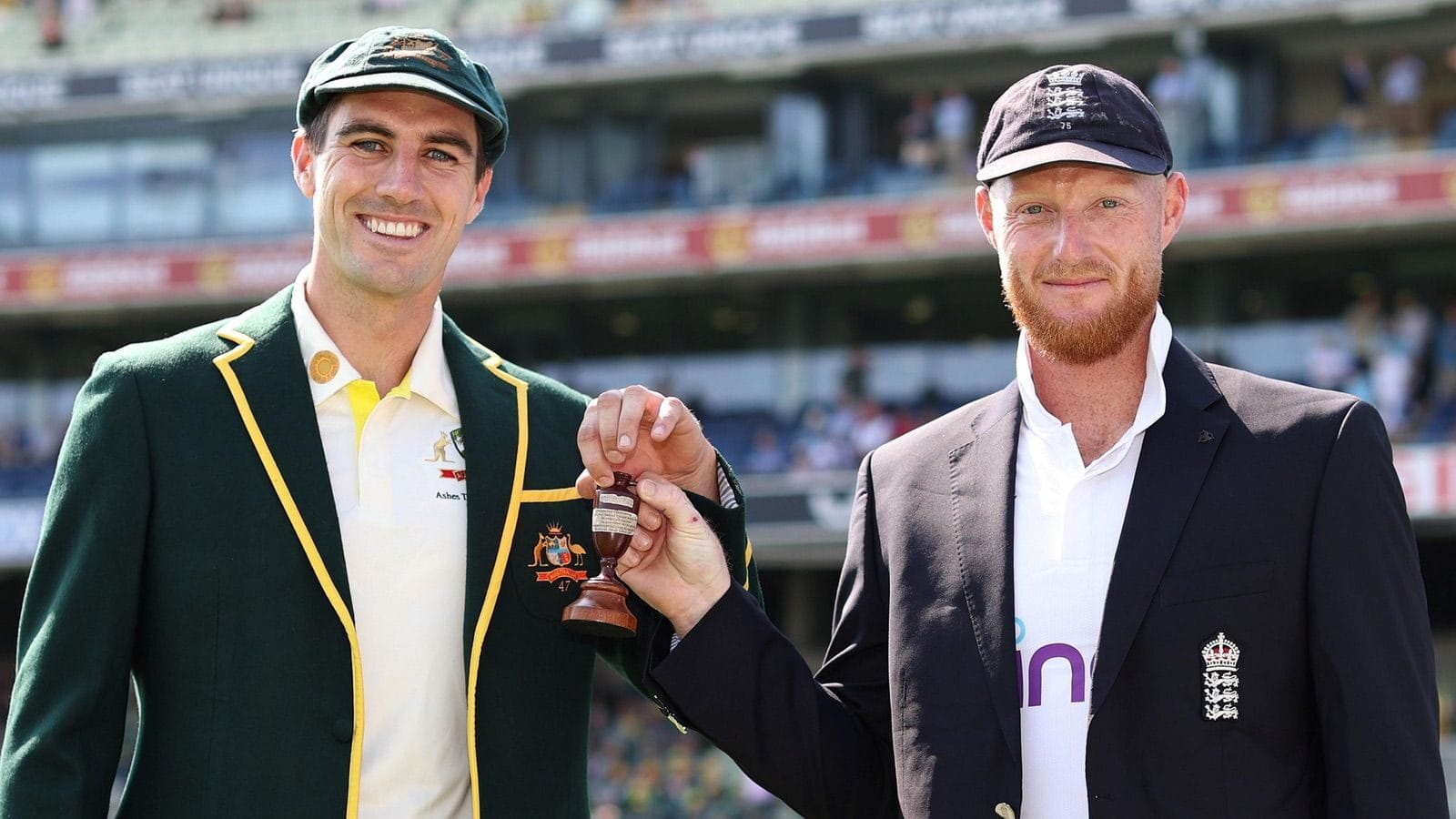Image: By ABC TV (ebay) [Public domain], via Wikimedia Commons
Peter O’Toole died on 14 December. At his best he was a major performer on both screen and stage. His unforgettable performance in the title role of Lawrence of Arabia (David Lean, 1958) – incredibly , only his fourth film – was perhaps always going to be difficult to live up to. In the 1990s my wife and I were lucky enough to see his virtuoso stage portrayal of a kindred spirit in Jeffrey Bernard Is Unwell. He was also, as the newspapers loved to remind us, “the last of the hell – raisers”. It is strange how in our celebrity – crazed and Twitter – dominated, often sordid but weirdly sterile twenty first century there is almost something fresh and innocent about the notion of a hell -raiser.
O’Toole was also that best of things, a cricket person. He was a keen player in his youth – a fast bowler – and a very keen watcher and coach of young cricketers.
Cricket and the cinema have never been natural bedfellows. Cricket has yet to have a significant biopic, like The Damned United ( 2009, Tom Hooper) or a picture of a particular contest or era, such as Rush(2013, Ron Howard). Cricket is often at its best as a tangential issue. A classic example is Alfred Hitchcock’s 1938 film The Lady Vanishes ,a spy thriller starring Michael Redgrave, which seemed to be on television about once a fortnight when I was growing up. Naunton Wayne and Basil Radford play two Englishmen – Caldicott and Charters – who spend the lengthy train journey across Europe which is at the core of the movie desperately trying to find out the Test score. (The game is the 1938 Ashes Test at Manchester, one of the very rare Tests to have been abandoned without a ball being bowled.) Incidentally the pair – Wayne and Radford that is – make a welcome reappearance in Jonathan Coe’s 2013 novel Expo ‘58.
In 1953 Anthony Asquith had a go at a real cricket movie, The Final Test, starring Jack Warner, later famous as George “Evenin’all” Dixon of Dock Green. He plays an England cricketer about to appear in his last Test, against Australia. Len Hutton and Denis Compton, among others, appear as themselves. It’s a bit clunky but pleasant enough. Robert Morley helps things along, not portraying a cricketer I hasten to add : Warner seems improbable enough.
I remember loving Joseph Losey’s 1970 film of L P Hartley’s The Go Between when it came out. With a screenplay by Harold Pinter (another cricket person) and starring Julie Christie and Alan Bates – and with a brief affecting cameo by Michael Redgrave – how could one not love it ? Watching it again on DVD forty years later it had lost a little of its magic but it still looked lovely and the story is a powerful one.
It is the story of a boy – Leo (Dominic Guard – who is spending what ought to be an idyllic Edwardian summer at the country house of a school friend’s family. He is inveigled into delivering messages between his friend’s sister Marian (Christie) and her lover , a tenant farmer, Ted Burgess (Bates).
A cricket match is played between the Great House and the village. Richly symbolic, it pits Marian’s elegant and well-mannered fiancé, played by Edward Fox against the bucolic and muscular Burgess. The cricket footage is not bad though some of Burgess’s hitting is a little idiosyncratic. The winning catch, to dismiss Burgess, is brilliantly taken on the long on boundary by the go between, who has just come on as twelfth man. What follows – scarring Leo for life as is clear from Redgrave’s performance – seems just as inevitable.
There can be little doubt, however, about the best cricket movie. It must be Lagaan (2001, Ashutosh Gowarikar). Set in India in the late nineteenth century it tells the story of a group of villagers who petition the local (English) garrison commander to grant them tax relief because of successive poor harvests. The deeply unpleasant commander says he will give them a tax holiday but only on one condition – that they defeat the garrison team at cricket, which he knows they have never played. They learn the game, helped by the commander’s sister, and the second half of the film comprises the game itself. It is marvellous entertainment, often very funny. There are the inevitable periods of singing and dancing but as the whole thing lasts longer than an IPL game one is entitled to a lunch interval – alas not sponsored – and maybe a tea interval as well.
My favourite O’Toole movie is a late, minor, quirky classic , Dean Spanley (2008, Toa Fraser). It is essentially a film about a father and son, Old Fisk (O’Toole) and Young Fisk (Jeremy Northam).There had been another son but he was killed in the Boer War. Every Thursday father and son meet up to do something. On the occasion in question they go to hear a lecture on reincarnation where they meet the eponymous cleric, played in masterly fashion by Sam Neill. It transpires that Dean Spanley, especially when plied with Imperial tokai, believes he was a dog in a former life. That is all you need to know ; just enjoy.
The lecture on reincarnation takes place in the home of an Indian prince. Fisk Senior and Fisk Junior enter the house to the sound of leather on willow A matting wicket has been laid out in one of the rooms and a cricket match is taking place “Jerusalem is being played on a sitar, a delicious touch. Old Fisk looks on aghast at all this.
“Damn fool game cricket, if you ask me” he says. “Too many rules.”
Ah yes, that’s cricket. Just like life really, especially for a hell – raiser
Bill Ricquier, 27/12/2013
This article was published in The Island: http://island.lk/index.php?page_cat=article-details&page=article-details&code_title=94843




